2020 Children’s Music Roundup
Welcome to Kids Rhythm and Rock’s third annual Children’s Music Roundup! For those of you new to the blog, each year I compile a list of my favorite albums, then organize them by categories that change from year-to-year. Normally I would have had this list up by the middle of December, but 2020 being 2020, it threw a last minute curveball that delayed things a bit.
The past year was a time filled with incredible challenges for children’s music. The pandemic found performers having to completely redefine how they brought their music to the masses, racial and social justice came to the forefront, and the GRAMMY controversy spurred the children’s community to action. Through it all though, one constant remained – children’s music continued to grow in ways that left listeners enthralled, enriched, and entertained. So let’s say hello to 2021 by taking a look back at the year that was in Children’s music. Don’t see your favorites in the list below? Add them in the comments!
Note: There has been a lot of discussion in the past few weeks regarding albums by BIPOC performers. I have denoted those albums with an (**).
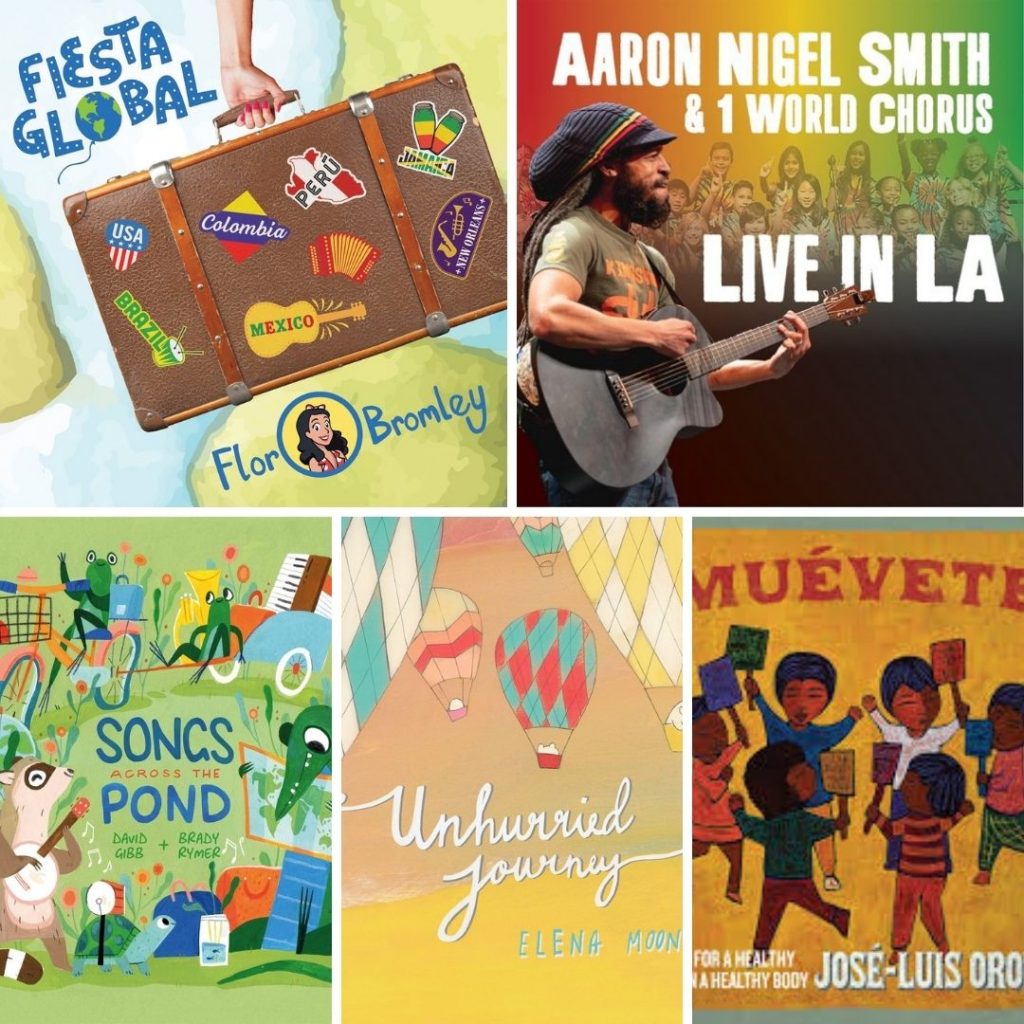
Wide World of Music
Fiesta Global performed by Flor Bromley**
Live in LA performed by Aaron Nigel Smith & 1 World Chorus**
Songs Across the Pond performed by David Gibb and Brady Rymer
Unhurried Journey performed by Elena Moon Park**
¡Muévete! performed by José-Luis Orozco**
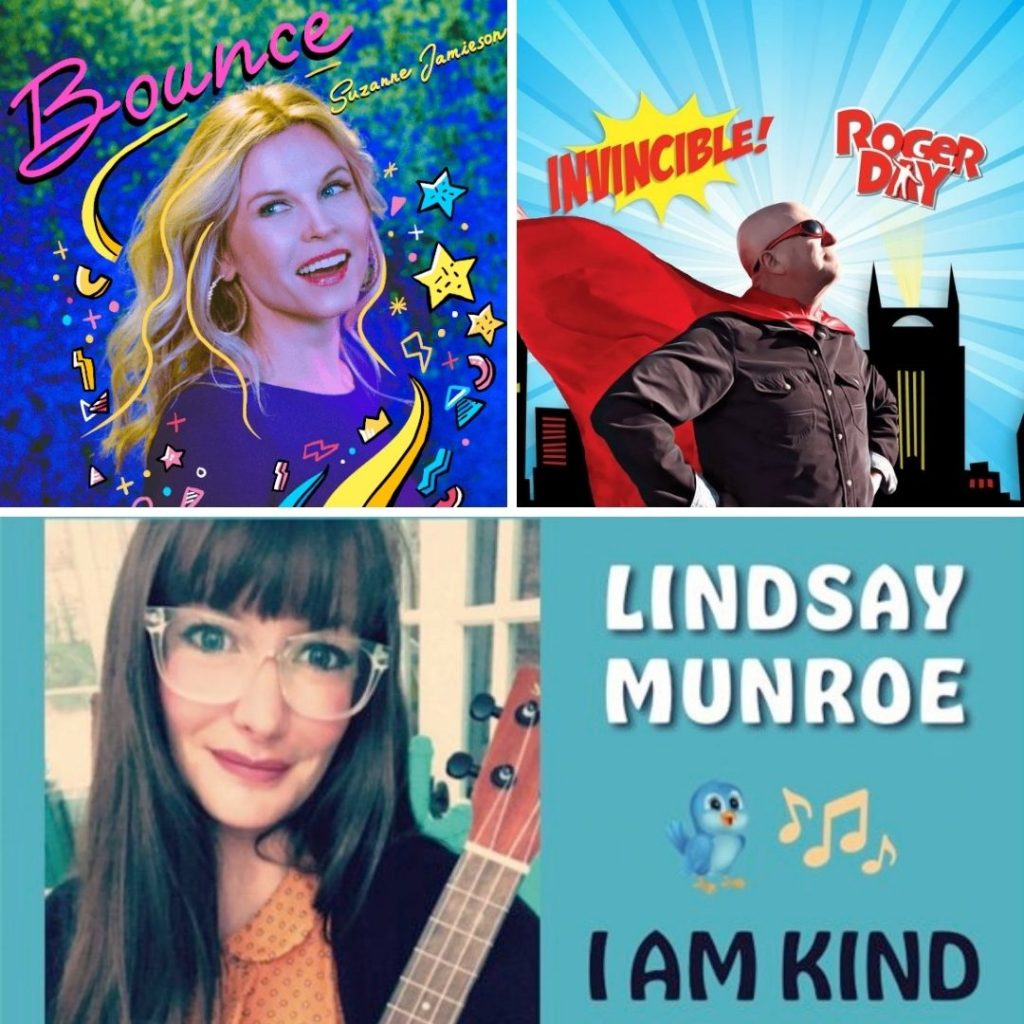
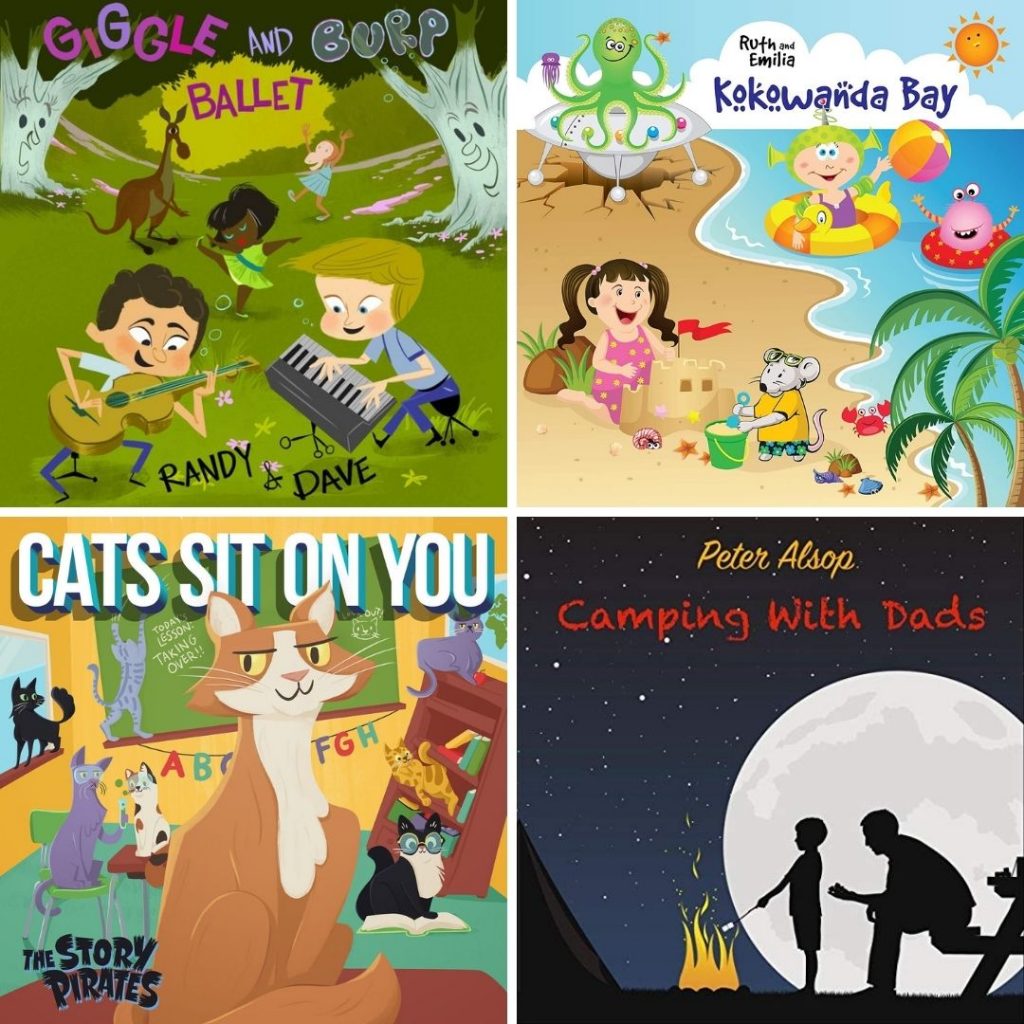
Let the Good Times Roll
Giggle and Burp Ballet performed by Randy & Dave
Kokowanda Bay performed by Ruth and Emilia
Cats Sit on You performed by The Story Pirates
Camping with Dads performed by Peter Alsop
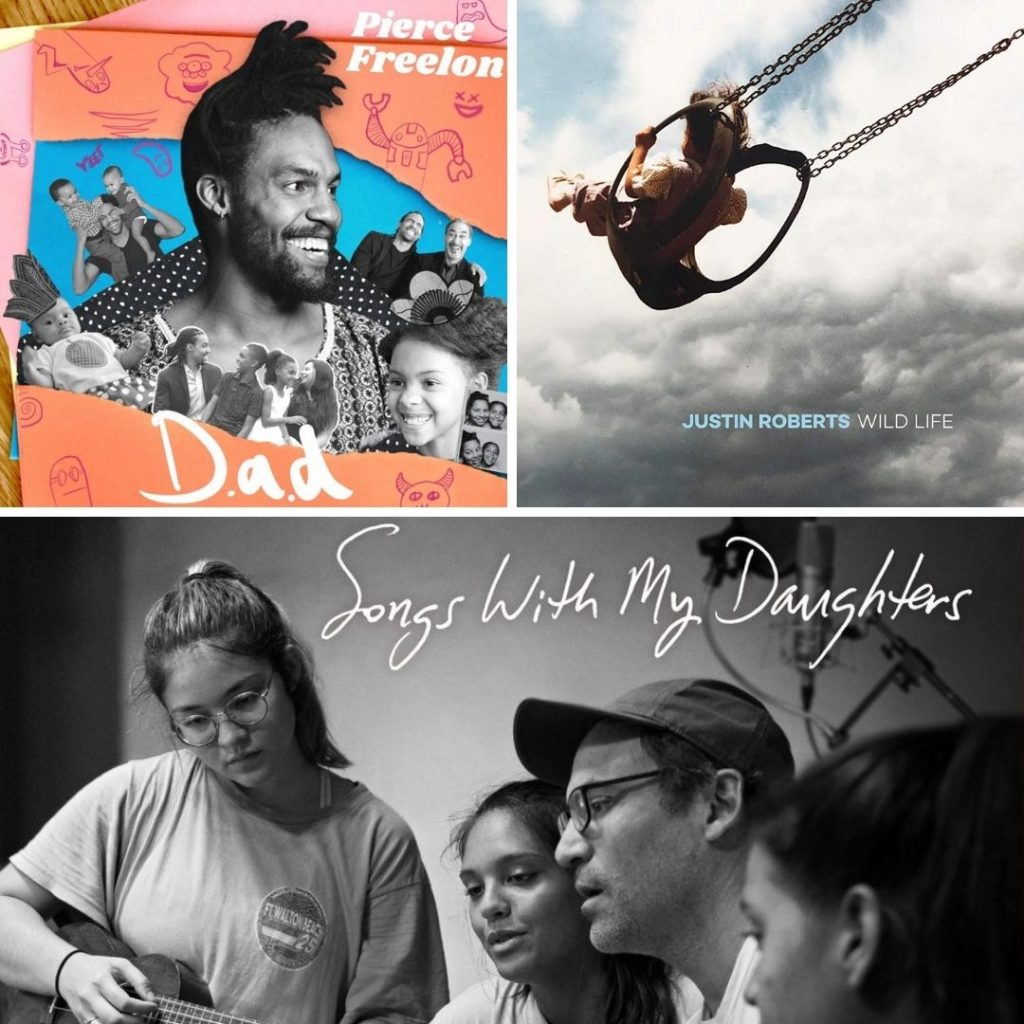
For the Love of Dads
D.a.d performed by Pierce Freelon**
Wild Life performed by Wild Life
Songs with My Daughters performed by Elliott Park
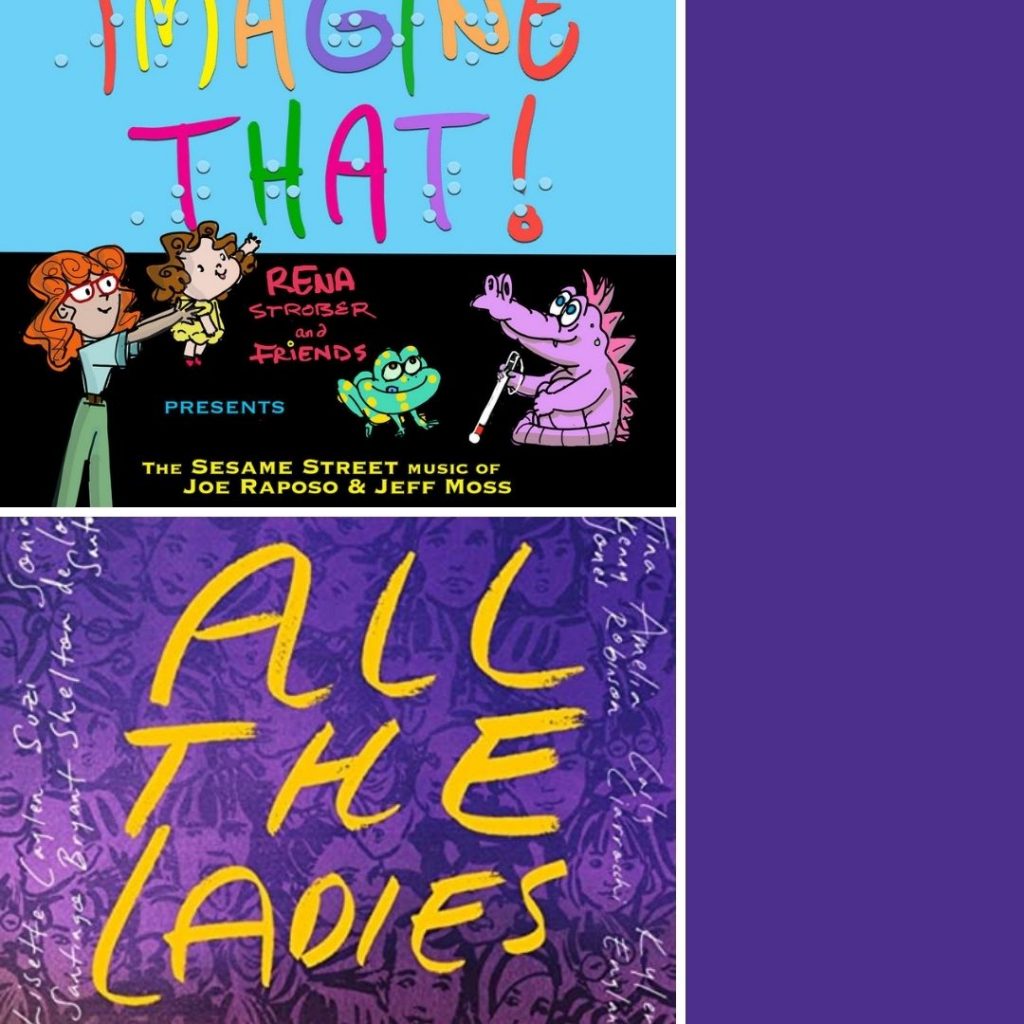
With a Little Help from My Friends
Imagine That! The Sesame Street Music of Joe Raposo & Jeff Moss performed by Rena Strober and Friends
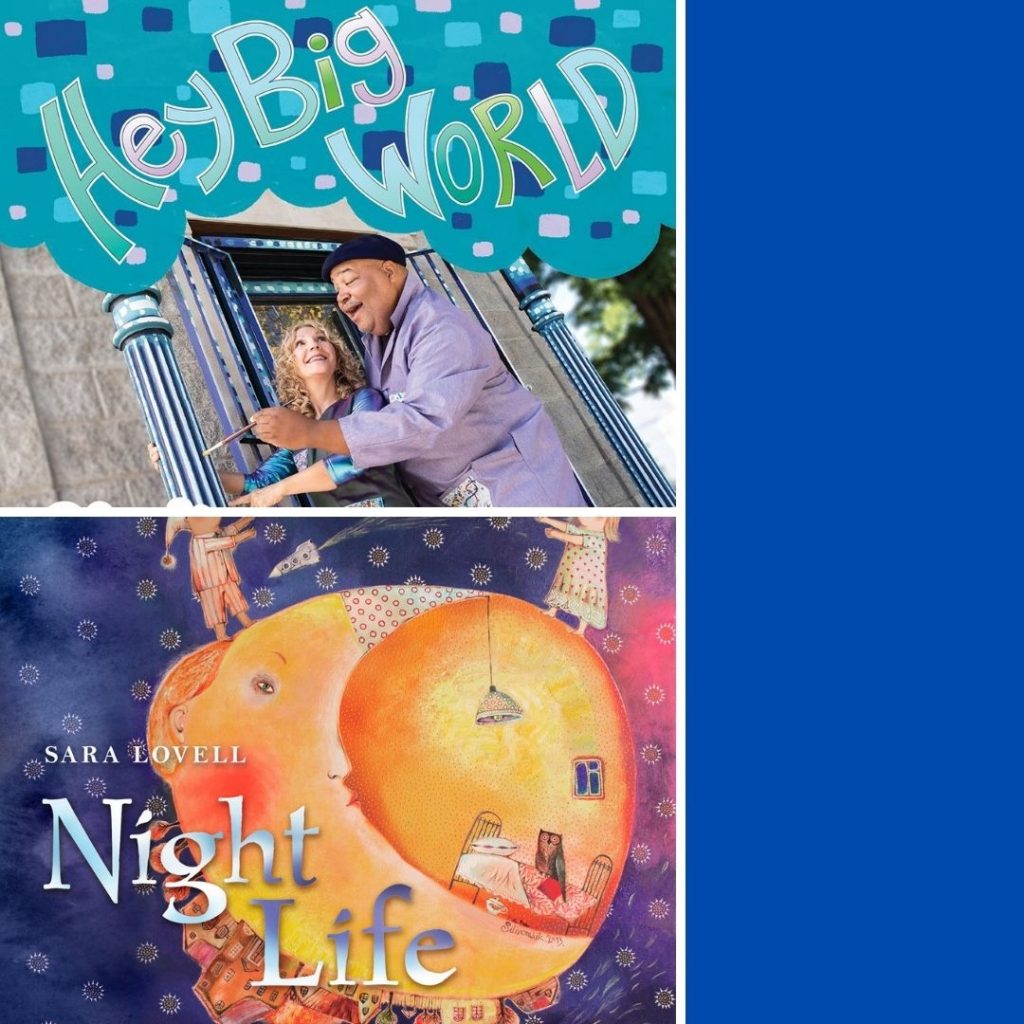
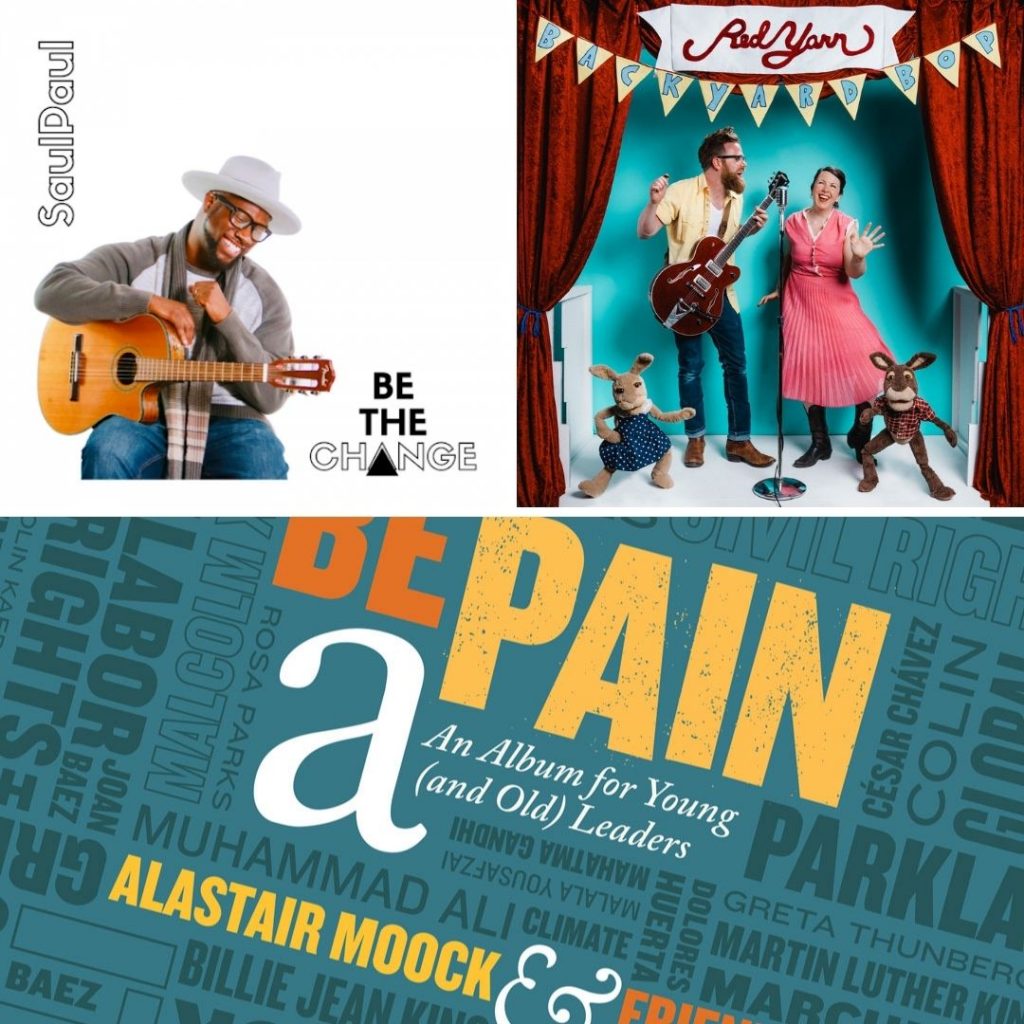
It’s Never Too Early
Be the Change performed by SaulPaul**
Backyard Bop performed by Red Yarn
Be a Pain: An Album for Young (and Old) Leaders performed by Alastair Moock & Friends
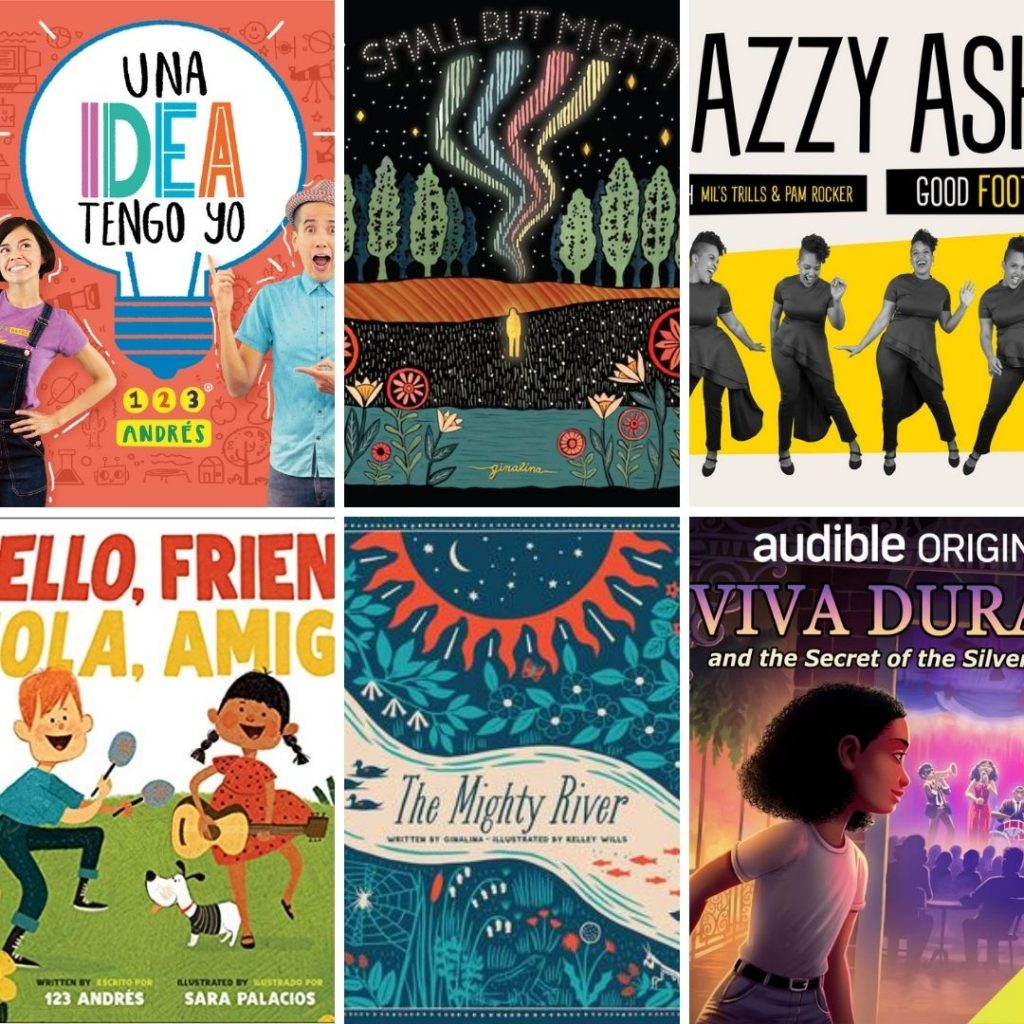
Double Duty – Artists who were also authors in 2020
Una Idea Tengo Yo performed by 123 Andrés /Hello Friend, Hola Amigo by 123 Andrés**
Small But Mighty performed by Ginalina/The Mighty River by Ginalina**
Good Foot performed by Jazzy Ash/Viva Durant and the Secret of the Silver Buttons by Ashli St. Amant (Jazzy Ash)**
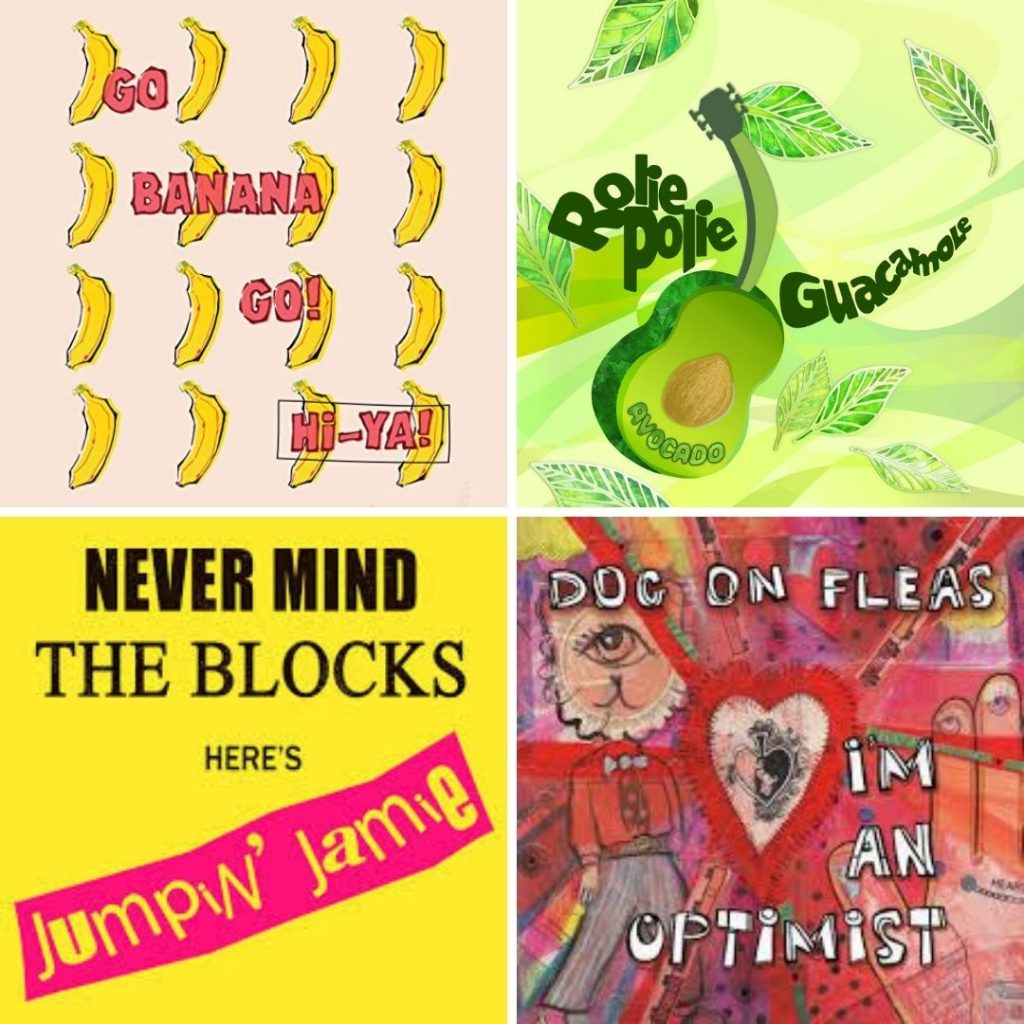
Rockin’ Rhythms
Hi-Ya! performed by Go Banana Go!
Avocado performed by Rolie Polie Guacamole
Never Mind the Blocks, Here’s Jumpin’ Jamie performed by Jumpin’ Jamie
I’m an Optimist performed by Dog on Fleas

The Short and the Long of It
Honey performed by Frances England (6 songs, 15 minutes)
Awesome! performed by Jesse Jukebox (6 songs, 16 minutes)
Songs for Singin’ performed by The Okee Dokee Brothers (27 songs, 70 minutes)

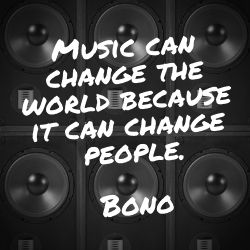 A week ago the 2021 GRAMMY nominations for Best Children’s Album were announced. To say they were a surprise is putting it mildly. The first thing I noticed was that for the second year in a row, only one woman was nominated (last year Kaitlin McGaw and Alphabet Rockers garnered a nomination for their album The Love). The very next thought that crossed my mind was that every single nominee is white. Every. Single. One. In a year when children’s music was filled with incredible albums by artists such as Pierce Freelon, Elena Moon Park, 123 Andrés, Wendy & DB, SaulPaul, and Flor Bromley it was shocking to realize that not one person of color’s work was recognized by the Recording Academy.
A week ago the 2021 GRAMMY nominations for Best Children’s Album were announced. To say they were a surprise is putting it mildly. The first thing I noticed was that for the second year in a row, only one woman was nominated (last year Kaitlin McGaw and Alphabet Rockers garnered a nomination for their album The Love). The very next thought that crossed my mind was that every single nominee is white. Every. Single. One. In a year when children’s music was filled with incredible albums by artists such as Pierce Freelon, Elena Moon Park, 123 Andrés, Wendy & DB, SaulPaul, and Flor Bromley it was shocking to realize that not one person of color’s work was recognized by the Recording Academy.